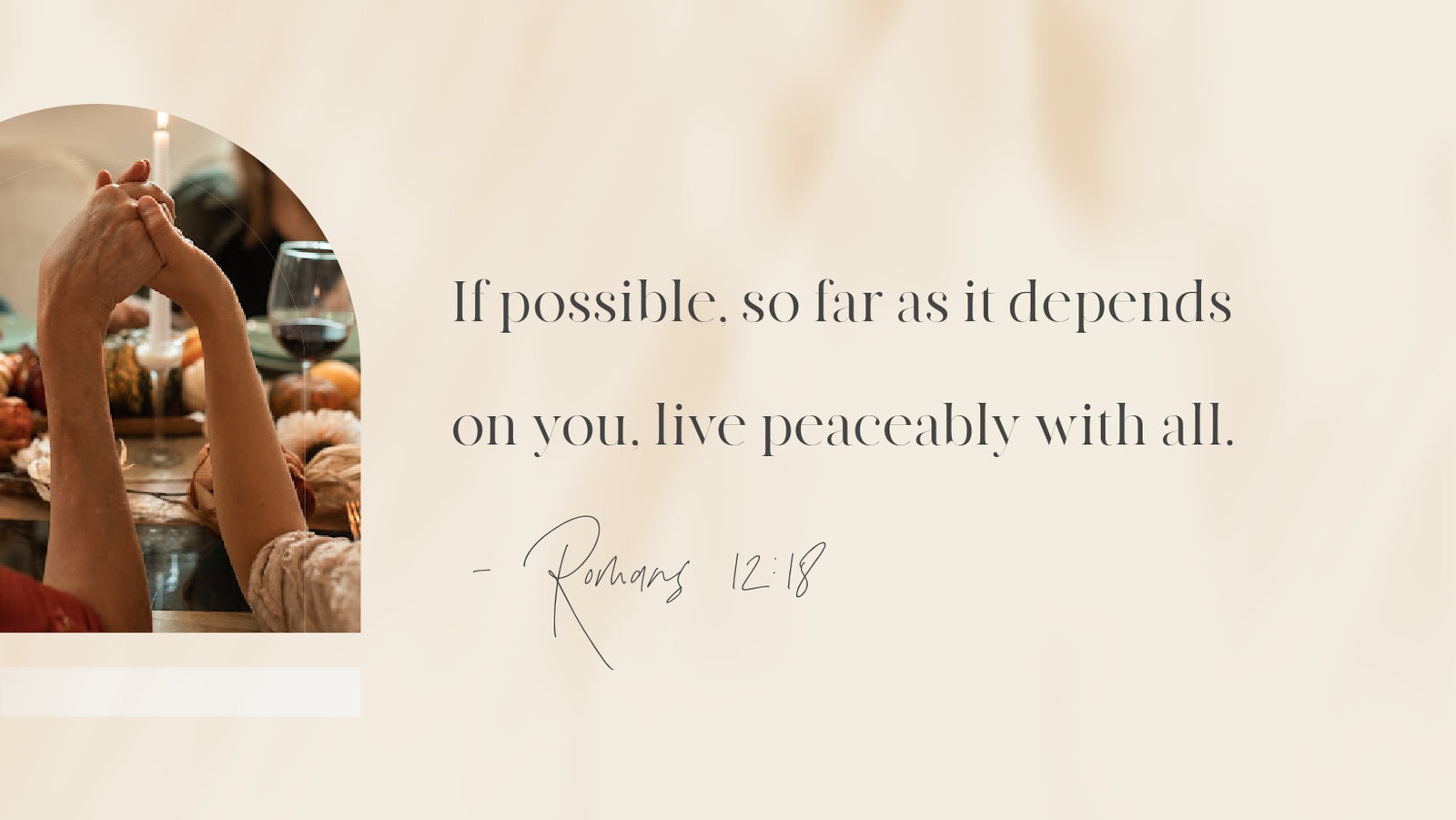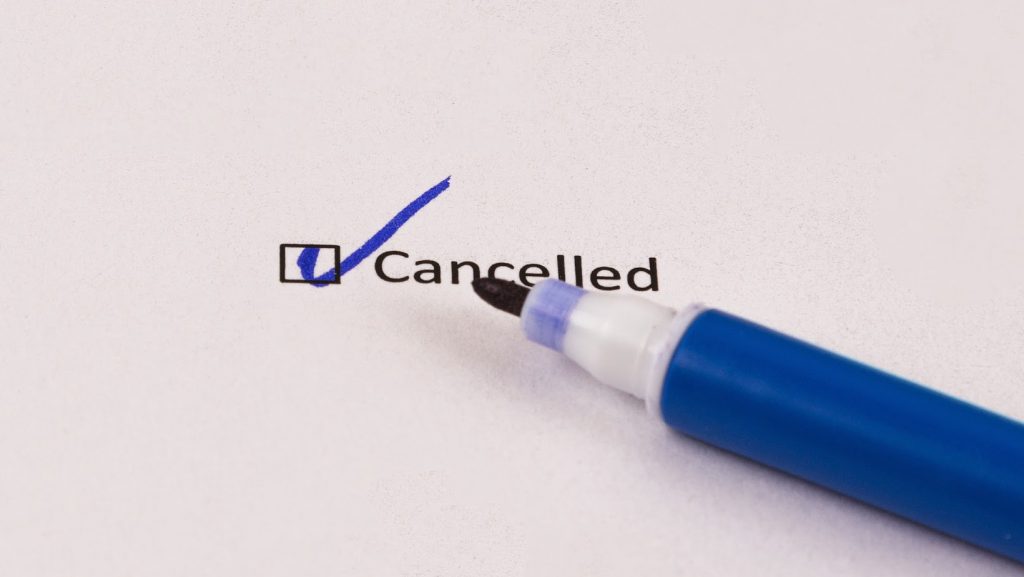Do you remember back when it was considered unnecessary—impolite, even—to publicly discuss politics and religion?
Yeah, me neither. That era is such a distant memory, it’s hard to imagine it ever existed at all. These days the pendulum has swung so far in the other direction, it’s practically a faux pas to avoid such weighty topics of which way we are voting and who/what/how we choose to worship.
I’m not one for small talk, and largely welcome the exchange. Civil discourse, conducted in the right context and with the right posturing, can be healthy and beneficial. I have no problem conversing with friends and family members whose views differ from mine; I like sharing my perspective and hearing theirs, even when there is no chance of either of us changing our minds.

Where it gets tricky (for me, at least) is when someone not in my personal circles (some platformed individual—like a podcaster, pastor, or politician) that I had assumed was in my “camp” comes out with an opposing viewpoint. It hurts to be disabused of the notion that someone I’d looked up to views an issue differently than me. . . especially when that individual had been highly trusted, or when the issue is particularly sensitive.
Recent headlines have many people (at least those not afraid of being canceled) speaking out, and though I suppose it’s helpful to know where they stand, I can tend to take these differing views personally. I honestly cannot pinpoint why I perceive these scenarios as a personal affront. Perhaps I feel betrayed. Maybe hearing their perspective causes me to question my own. It could be that their changes in heart (or their revealing what was really their heart all along, unbeknownst to me) causes me to fear I could change in ways I’m not ready for.
Whatever the reason for my reactions, I can take these revelations so personally that I will spend days mentally forming responses that were never even invited. Then, accepting that these “heroes” of mine would not welcome my opinion (even if I could find some way to share it with them—not likely), my instinctive reaction is to engage in some petty cancelations: stop listening to their podcast, unsubscribe from their newsletter, withdraw my Patreon support, or make sure everyone who is in “my camp” is aware that a line has been drawn. But is that always what God would ask me to do?

I want to tread carefully here, because there is no one appropriate response to every situation of this type. There may be instances when it is best and healthiest to unsubscribe/unfollow/disassociate from an influencer, such as when the individual speaking into my life has gotten so far removed from Goodness and Truth that continuing to follow would be overexposing myself to harm or evil. There is Biblical grounds for distancing ourselves from sin, including sinful patterns of thinking. (Yes, Jesus did associate with unrepentant sinners, but unlike Jesus I am susceptible to falling in line with others’ bad behavior).
That said, I just don’t think that outright cancelation is always the answer. I will not agree with ANYone on EVERYthing (I’m not sure I even agree with myself half the time!), so choosing to walk only with those in lockstep with my own beliefs would make for a very lonely walk indeed. We are all a jumble of evolving views and beliefs, and it is not my job to fact check others’ belief systems or police their behavior. I can hold space for their differences without feeling the need to conform to them. I can maintain my own standards without requiring they do the same. To put it another way: I can continue to follow and listen without agreeing to be influenced.
Over the past couple of tumultuous years, the Lord has repeatedly taught me that HE is the only One who should truly be influencing me. The Lord, as revealed in the person of Jesus and in the words of Scripture, must be the loudest voice speaking into my life. When I name God as Director, Producer, and Leading Actor among my personal sphere of influences, He is more than capable of using other actors (including those who have gotten a few things wrong) to speak healthily and helpfully into my life. He may even use them to soften my stubborn heart into a new way of thinking, or He may simply use those voices to lend nuance or clarity to my persisting beliefs.

It might sound trite, and it definitely is easier said than done, but I believe with all my heart that following Jesus first and foremost is the solution to agreeing to disagree. Not with animosity, or a sense of superiority, or in fear of being pulled over to the dark side, but with a genuine goal of pursuing truth and justice and a heart that cares more about others and pleasing God than my own need to be right.
Faithfulness to God above all will allow me to determine who else deserves my loyalty, and with whom I need to part ways. He will lend me His wisdom and discretion. I can trust Him to show me when it’s time to speak up or to step back, to go along or to go away, to agree or to disagree OR to find a different option entirely.